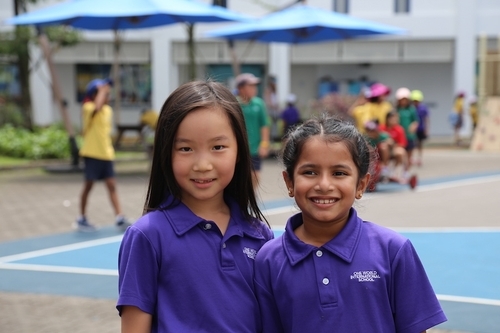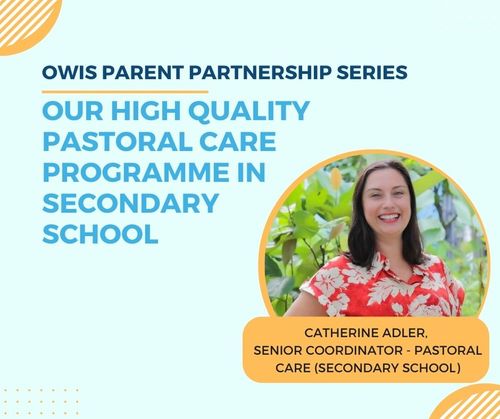The K-12 education system in Singapore covers both primary and secondary education in public and international schools. As seats at public schools are limited and competitive, international parents will often look to enrol their children in international schools (also known as Foreign System Schools).
Public Schools
International Schools
As spaces for international children are extremely limited in public schools, most families will look to enrol their children in one of the country’s international schools, 30+ of which follow the K-12 educational system. So while there is a wide choice, this, in turn, means there are varying identifying factors between schools which parents should take into consideration.
Variance in International Schools
International schools have students at the preschool, primary and secondary levels and offer a variety of curricula, from globally-recognised frameworks to country-specific teaching methods. International education can differ significantly; even schools that align with the same curricula often vary in terms of academic rigour, the language of instruction, teacher training and admission criteria. It is important for parents to understand all of these areas so they can make the best decision for their children. They must also determine what areas are essential for their children, such as extra support, language opportunities or athletic development. With this in mind, parents are advised to research schools carefully and begin the application process early. It is worth noting that some international schools will not take children mid-way through the academic year so this is something to consider if individual circumstances may require this.
Admissions
International schools typically have a highly competitive and merit-based school admission process, requiring students to provide test scores or take entrance exams. However, there are some schools that are non-selective in their admissions criteria. If parents plan to move their children into an international school in the future it is important to start this research early. This ensures that parents are able to support their children through tests or pre-admission study so they have the best chance at gaining a place at the school of their choice.
Oversight from the MOE
While public schools in Singapore strictly follow the MOE’s protocols and guidance, international schools have greater flexibility in how they govern themselves and their respective education system. International schools will follow the MOE’s minimum standards for teacher qualifications, however from that point forward the schools are autonomous in their decisions around curricula methodology, grading methods and age admission. While this allows the schools to cater to their students’ needs, it also means there can be a wide variation in teaching between institutions. Parents should be aware of this if they think they may change their school mid-term, as the inconsistencies in curricula could be disruptive for the student.
Certification
Schools which fall outside of the state-run system have to register with the Committee for Private Education (CPE), a statutory board that regulates private education in Singapore. The CPE administers EduTrust, a certification programme recognising schools that meet rigorous standards in the areas of school management, financial stability and educational services. While this certification is voluntary for most schools, it is required for institutions that enrol international students.
Most international schools offer a balanced curriculum that supports comprehensive development and affords students the best foundations and opportunity to thrive in a global, 21st-century society. It is important to do a lot of research to ensure that you are matching your child to the best school for them. There is a huge variation between schools, and there are numerous factors to take into consideration when choosing. It is important to understand the teaching methods and opportunities within the curriculum, to find out about the teachers and staff members, to understand the school’s ethos and focus as well as ensuring that the environment is right for your child. It may be that there is a school slightly further away, which meets all of the requirements, so it is often worth researching those which may not be in closest proximity to you. It is also worthwhile to consider the diversity within the school population, as this is one of the huge positives of international schools. It allows students to meet others from a range of backgrounds, countries and religions. All in all, research and understanding of the options available is crucial when selecting the school for your child and your family.
Please Contact Us today for more information, or to Book a Campus Tour. You can also download our eBook ‘K12 Education in Singapore Guide′, which provides an in-depth look at the current educational system in Singapore.














